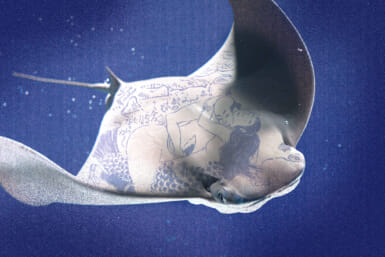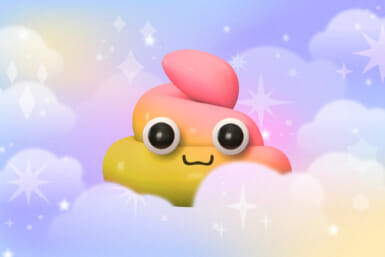Have you ever met someone for the first time but felt like you’ve known them forever? Or realized soon after meeting that you two were just meant to be? Then you may have experienced ikitougou — that feeling of instantly clicking with someone as soon as you’ve met.
Ikitougou (意気投合)
Meaning: Hit it off, find a kindred spirit, mutual understanding, have a good rapport, have common ground, get along well upon a first meeting, on the same wavelength.
Literal translation and kanji breakdown: Breaking the idiom into two parts, we get iki (意気), which means spirit or disposition and tougou (投合), which translates to agreement or congeniality. Together, they represent an agreement of spirit, which is a fairly straightforward explanation of the expression.
Ikitougou: The Origins
Origins of the complete idiom are uncertain, but iki (意気) by itself can be traced back to the Edo Period. If you watch a lot of Japanese period dramas set during that time, you’ll hear “Iki da ne” (意気だね) come up regularly. It was used to praise people’s sense of beauty or behavior, and had a wide range of meanings from expressing someone’s energetic or animated nature to their physical strength. You may also have heard the expression “iki ga ii” (粋が良い), which has a similar meaning. These days it features the character 粋, but originally 意気 was used.
Ikitougou: Related Expressions
気が合う Ki ga au To get along with someone
以心伝心 Ishin-denshin Telepathy, tacit understanding, mind to mind communication
情意投合 Joi-tougou On the same wavelength, sharing the same sentiment, seeing eye to eye
仲が良い Naka ga ii On good terms, close, intimate
Using “ikitougou” in a sentence
Ikitougou is a common phrase used both in casual and business settings. Keep in mind that it’s usually used to describe a situation to a third party, and not with the person you’re getting along with. If you want to express that feeling directly, use 仲が良いね (naka ga ii ne) or 気が合うね (ki ga au ne) instead. Also note that it’s not used in a negative context, so if you want to say you don’t get along with someone, use 気が合わない (ki ga awanai) instead.
新しい同僚と会った瞬間から意気投合したことを先日、友人に話をした。Atarashii douryou to atta shunkan kara ikitougou shimashita. I told my friend the other day about how I clicked with my new coworker the moment I met him.
昨日、初めてのデートがZoomでだったけど、ルミちゃんと武さんはすぐに意気投合したそうです。 Kinou, hajimete no de-to ga Zoom de datta kedo, Rumi-chan to Takeshi-san wa sugu ni ikitougou shita sou desu. Yesterday Rumi and Takeshi went on a first date on Zoom and apparently really hit it off.
会社の同僚が実は生け花が趣味ということが分かり、趣味で意気投合するようになった。Kaisha no douryou ga jitsu wa ikebana ga shumi to iu koto wakari, shumi de ikiyougou ni natta. My coworkers hit it off when they found out they shared interest in ikebana.
Want more? Follow our weekly Yojijukugo Japanese Idiom series, published every
Friday. Learn the meaning of “souseki-chinryu” here, “jakuniku-
kyoushoku” here and “shinki-itten” here.









